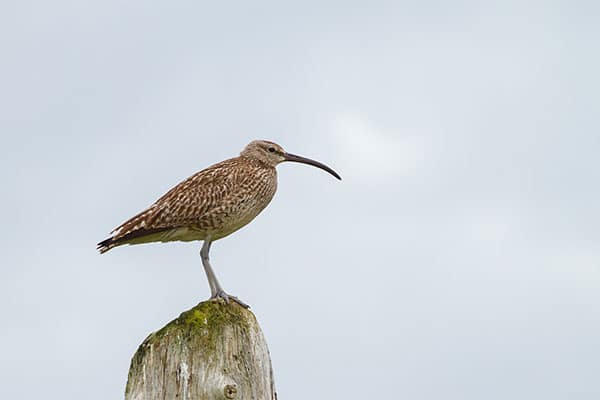
Conservation in action newsletter
Read our updates on BASC conservation projects, including how you an get involved.
Get information on the legal shooting season for mammals and birds in the UK.
Apply for funding for your project or make a donation today
Comprehensive information and advice from our specialist firearms team.
Everything you need to know about shotgun, rifle and airgun ammunition.
Find our up-to-date information, advice and links to government resources.
Everything you need to know on firearms law and licensing.
All the latest news and advice on general licences and how they affect you.
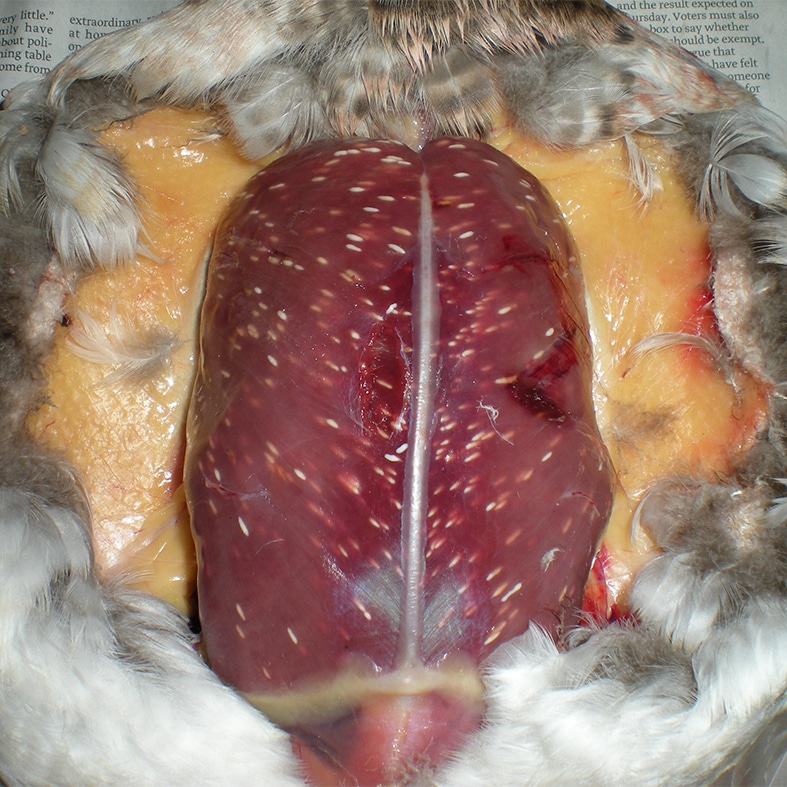

Home » Conservation in Action » Conservation projects » Rice breast disease monitoring
More commonly referred to as ‘rice breast’ disease, Sarcocystosis is a parasitic disease caused by the parasite Sarcocystis spp. It infects the muscle of wildfowl causing cyst development. It could also cause muscle weakness, however more research is needed in this area which to help us understand whether it has any impact on survival rates and reproductive success.
Birds play an important role in the lifecycle of this parasite. During later stages of infection in birds, the parasite creates cysts throughout the muscles, particularly in the breast and leg which resemble grains of rice, hence the name ‘rice breast’ disease.
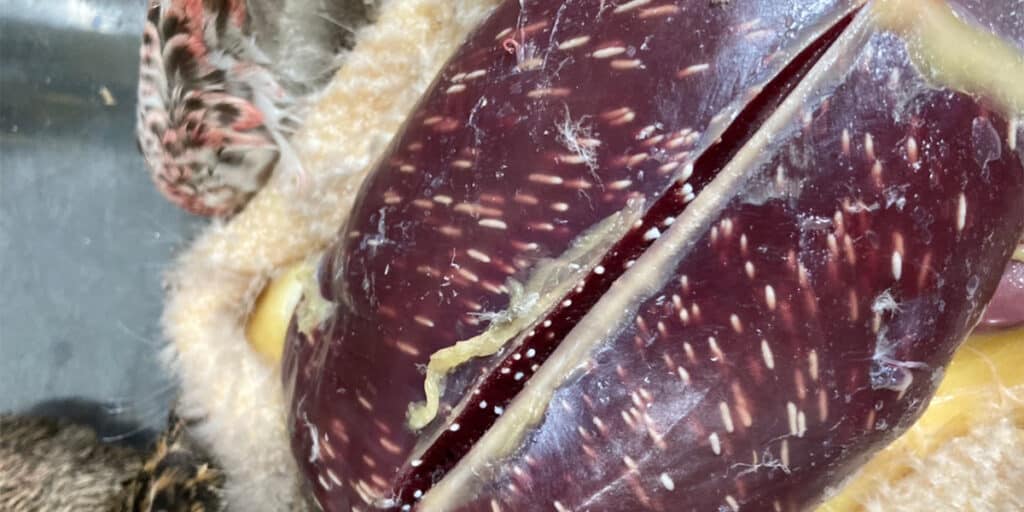
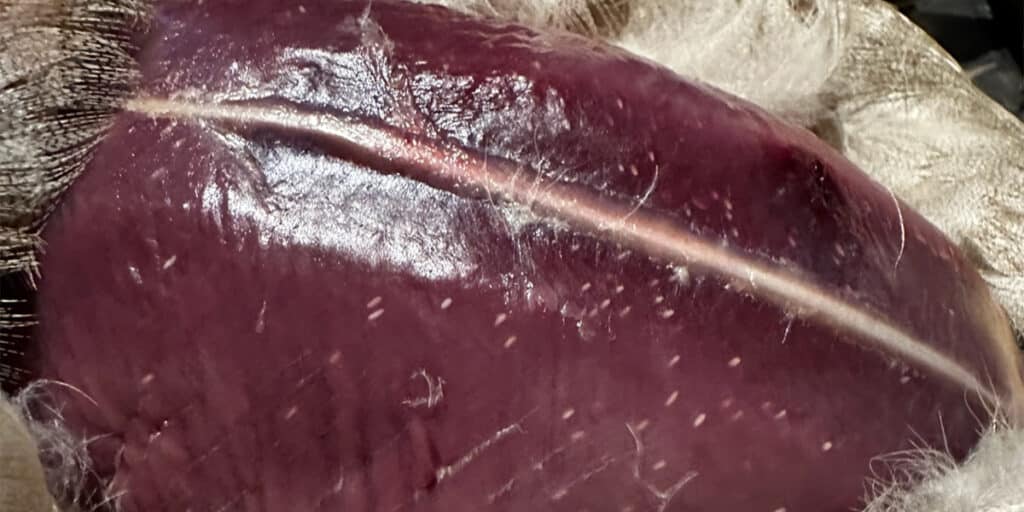
Sarcocystosis can affect various quarry species. And as most members of the shooting community shoot with the intention of consuming what they shoot, it is crucial to know how to spot the signs of the disease.
Although Sarcocystosis in birds does pose a minimal threat to humans as cooking kills all stages of the parasite, is it not recommended to ingest infected birds, nor to feed them to dogs.
In order to preserve our UK duck populations, it is vital that we act responsibly and monitor the disease as best we can in order to understand its impacts on our wildfowl and track the spread of the disease.
Wildfowlers play a crucial role in the identification and reporting of this disease.
Your help in recording cases is key to increasing our understanding of Sarcocystosis occurrence and its impact in the UK. We ask that you remain vigilant and report any findings of rice breast disease to us by filling out our UK Wildfowl Sarcocystosis survey form.
In 2018 a feedback report was published, using data provided through the UK Wildfowl Sarcocystis Survey and results from tissue sample analysis from across the UK. The report identified the emergence, distribution, and potential impacts of Sarocystosis infection in the UK waterfowl population.
We saw a sudden increase in reported cases in the 2013/14 season, however, this may be a reflection of increased vigilance and understanding of the disease as well as improved awareness of the reporting system.
The most commonly reported species were mallard, wigeon and teal, although this may be simply because they are the most commonly shot species. Reported cases have been more highly concentrated in northern and eastern regions of the country which may indicate that the disease is spreading from Europe.
Your reported sightings are vital to helping us track the geographical spread of this disease.

Read our updates on BASC conservation projects, including how you an get involved.
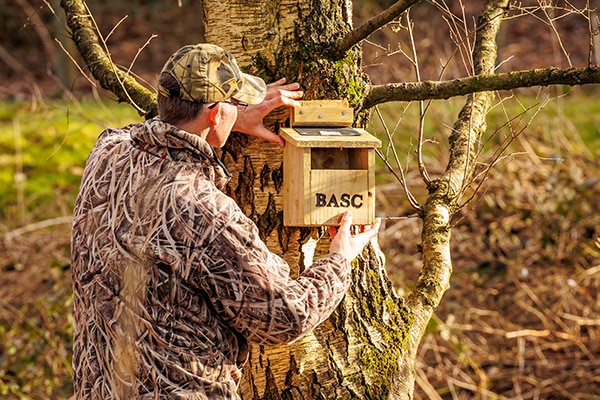
Find out more about the conservation projects we are currently undertaking and how you can get involved.

Read our code of practice on shooting wildfowl, waders and rail species sustainably in England, Scotland and Wales.
Sign up to our weekly newsletter and get all the latest updates straight to your inbox.
© 2025 British Association for Shooting and Conservation. Registered Office: Marford Mill, Rossett, Wrexham, LL12 0HL – Registered Society No: 28488R. BASC is a trading name of the British Association for Shooting and Conservation Limited which is authorised and regulated by the Financial Conduct Authority (FCA) under firm reference number 311937.
BASC Direct Ltd is an Introducer Appointed Representative of Agria Pet Insurance Ltd who administer the insurance and is authorised and regulated by the Financial Conduct Authority, Financial Services Register Number 496160. Agria Pet Insurance is registered and incorporated in England and Wales with registered number 04258783. Registered office: First Floor, Blue Leanie, Walton Street, Aylesbury, Buckinghamshire, HP21 7QW. Agria insurance policies are underwritten by Agria Försäkring.
If you have any questions or complaints about your BASC membership insurance cover, please email us. More information about resolving complaints can be found on the FCA website or on the EU ODR platform.